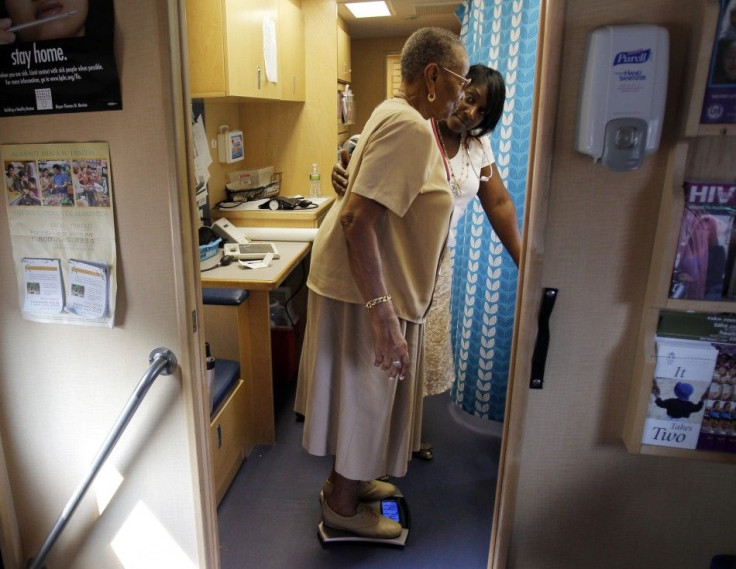On Antidepressants? Pills May Escalate Stroke Risk for Women

A study of more than 80,000 women found those with a history of depression had a 29 percent increased risk of stroke, researchers from Brigham and Women's Hospital in Boston, Mass. and Harvard Medical School wrote in the journal Stroke.
The research, in "Stroke: Journal of the American Heart Association," suggests that doctors should be aware people with depression may neglect their general health.
Women on antidepressants, such as Celexa, Zoloft or Prozac, have a 39 percent higher risk, the authors informed.
In the study, researchers looked at data from 2000 to 2006, while UK stroke experts said depression alone was unlikely to increase stroke risk.
Lead author, Dr. Kathryn Rexrode, who led the research, said the medicines were more likely to be an indication someone was more seriously ill, rather than a cause of the stroke. "I don't think the medications themselves are the primary cause of the risk. This study does not suggest that people should stop their medications to reduce the risk of stroke."
Rexrode told BBC News, "Depression can prevent individuals from controlling other medical problems such as diabetes and hypertension, from taking medications regularly or pursuing other healthy lifestyle measures such as exercise. All these factors could contribute to increased risk."
The 80,000 women studied over a six-year period, all aged 54-79, were all taking part in the long-running Nurses' Health Study, which has been following women across the U.S. since the mid 1970s.
During the six-year follow-up period there were 1,033 cases of stroke, while 22 percent of the women had been diagnosed with depression.
Although, health experts said women should not stop taking their medication as they could not be sure it was causing strokes. British scientists indicated they increased the risk of death, heart attacks and falls in the elderly.
Patients with depression are often overweight, tend to smoke or fail to exercise, factors that also increase the risk of stroke, the U.S. researchers, from Harvard Medical School, in Boston, told the American Heart Association.
Stroke is the third leading cause of death in the USA, after heart disease and cancer, hitting around 425,000 women a year, 55,000 more than men, the National Stroke Association says.
© Copyright IBTimes 2025. All rights reserved.





















